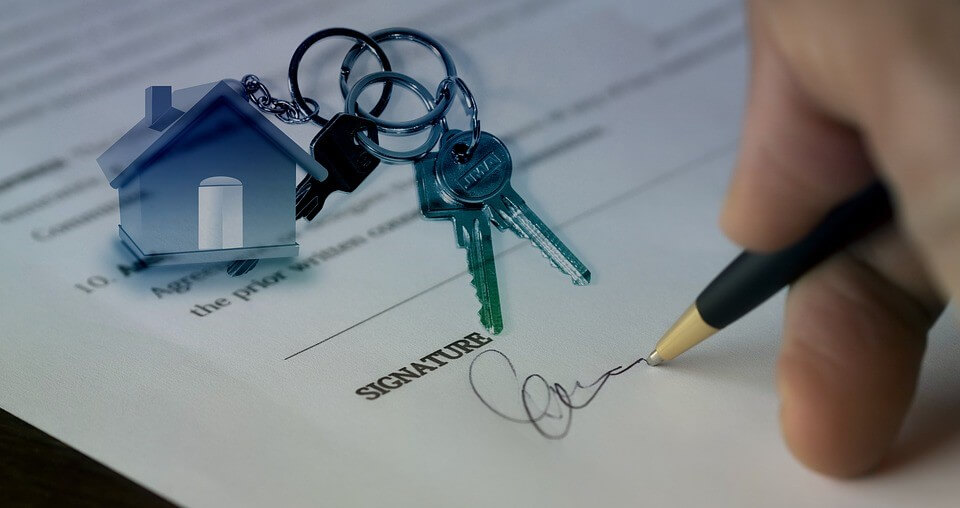The new year represents a great opportunity to take control of your current financial position and ensure that you remain secure should the coming year present unforeseen circumstances. If it has been some time since you last updated your will or contemplated asset protection, then you should take some time now to sort through your affairs and make sure everything is in order. Beyond protecting yourself both financially and legally, keeping your affairs up to date will also help protect your loved ones should anything happen to you. This is not a simple process, so we at Le Brun have compiled some questions to help guide you. If you find that your current state of affairs is unsatisfactory, you can contact us to speak to a lawyer today.
Are my assets protected should my circumstances change?
Although you may feel your current financial position is stable, you can never discount the possibility that your circumstances, whether personal or professional, may change. Should your creditors begin making claims against you, your assets could be taken. Assets liable to be claimed by trustees are:
- Vehicles, including your primary transportation should it exceed a set amount
- Properties you own, including your home
- Tools of trade should they exceed a set amount
- Cash or money in your bank account, although enough must be left to cover modest living expenses
When financial planning, you should always implement asset protection strategies to limit your creditors’ access to your most valuable assets. Seeking professional legal advice is a worthwhile exercise to keep your assets protected as a lawyer can help put in place trust and tax structures that can keep your assets secure.
If you have not implemented appropriate asset protection and creditors are beginning to make claims against you, it is vital that you seek advice from a lawyer who can keep you informed of your rights during debt collection and enforcement proceedings. Having a lawyer by your side will help minimise the loss of both business and personal assets while ensuring you have the right strategies and plans to address your concerns.
Is my Will up to date?
Many things can change over the course of a year, if you have experienced a significant change in your wealth, assets, or relationships, you need to make sure these changes are accounted for in your Will. If you have experienced one of the following life events since producing your previous Will, you need to update it:
- If you have married or divorced
- Bought or sold a property or business
- Had a child
- Significantly increased or decreased your assets
Your Will also must be officially updated if you have decided to appoint another executor to manage your estate, who your beneficiaries are, or who you are entrusting the guardianship of your children to. Although you may have come to an understanding amongst your inner circle, unless you make the necessary changes to your Will, your Will can be exposed to a challenge.
If you do not amend your Will after experiencing a significant change in your assets or relationships, then there may be important terms in your Will which you have missed and should be included in your Will. When there is something unaccounted for in you Will, the rules of intestacy will apply, meaning any assets not included in your Will would be distributed according to the law and not according to your wishes.
Amending a Will is not a simple task and if proper terms and correct procedures are not followed, a Will can be more easily challenged and invalidated. As well as preventing your final wishes from being carried out, an invalid Will can also further complicate an already emotionally fragile time for those impacted by your death and leave your loved ones vulnerable.
Seeking legal advice when updating your Will is a wise choice as a lawyer can help you avoid issues that could lead to challenges once you have passed away. A lawyer can also help you prepare related documents, such as Power of Attorney for Financial, Medical and Guardianship matters.
Drafting a Will when in a second marriage – I have stepchildren, what do I need to account for?
If you have entered into a second marriage, you will need to amend your Will to take into account this significant change in your life. When children and stepchildren are involved, this process can take on another level of difficulty, and it is important you discuss with your new partner how you wish to distribute your shared assets after you have passed.
Although adopted children and biological children you have outside of your marriage will automatically be included as beneficiaries if you leave you assets to “my children”, you will need to specifically outline whether you wish to include your stepchildren. Once you have decided to either include or exclude your stepchildren from your Will, you will need to take into consideration a number of scenarios, including:
- How will assets shared by you and your partner be distributed?
- If you make your children sole beneficiaries, how will you ensure your partner is protected should you pass away first?
- If your partner is the primary beneficiary of your Will and you pass away first, how will you ensure your children get a share in your remaining assets once your partner passes?
These are complex scenarios that will require you to set up trusts or keep your assets separate to those of your partner in order to reach your desired outcome. Given the complexity of these scenarios and solutions, it is highly recommended that you consult a lawyer when drafting your Will, as a lawyer can help you sought through the numerous considerations that must be made.
At Le Brun & Associates, our dedicated team of lawyers can help you get your affairs in order, giving you peace of mind and keeping you secure should your circumstances change. We provide sound and knowledgeable advice with the highest level of service to ensure you are protected. Contact us today for your FREE 30-minute consultation. At Le Brun and Associates, we always stand by you.





